Recent Posts

15 Everyday British English Expressions You’ll Hear All the Time
Today I’m sharing 15 British English expressions that I personally use every single day. They’re simple, incredibly common, and perfect for intermediate and advanced learners who want to sound more fluent and confident.

How To Sound More British When You Speak English
If you’ve ever wondered how to sound more natural in a British English conversation, you might have noticed that it’s not just about vocabulary and grammar. The way British people speak is full of little quirks, habits and cultural expressions that make our conversations instantly recognisable.
This article (and my YouTube video) is a tongue-in-cheek guide to some of those habits.
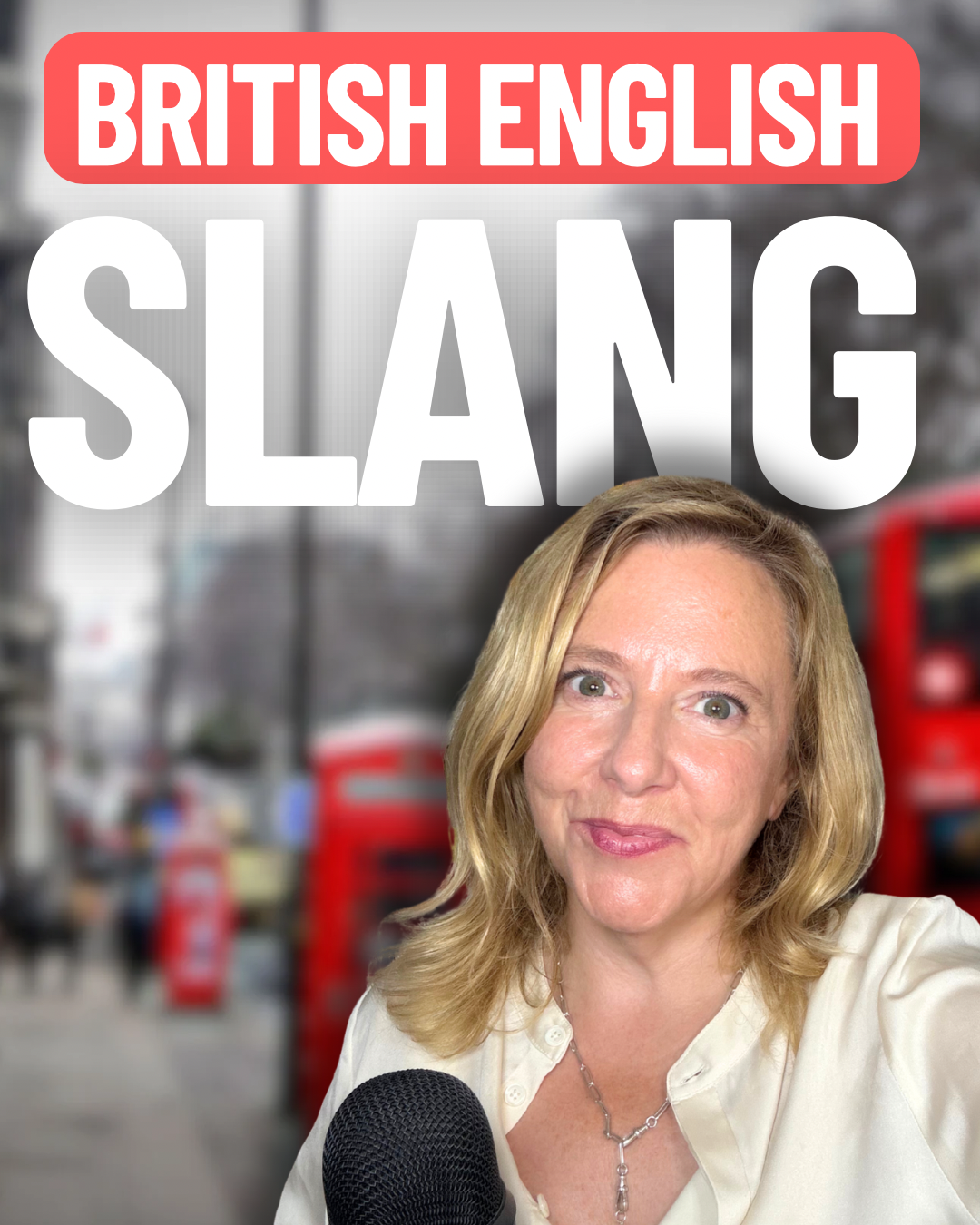
28 Everyday British English Slang Expressions
British people love slang. We use it constantly; in conversations with friends, at work, online, and even with complete strangers. The tricky thing is, a lot of it isn’t taught in English classes or textbooks. That’s why many learners feel confused when they hear phrases like “I had a wobble” or “That meeting did my head in.”
In this post, I’ve collected 28 slang expressions you’ll hear all the time in 2025.

Top 10 British English Passive Aggressive Phrases
Polite British English isn’t always as polite as it sounds. Sometimes our pleasant words are doing a very different job – softening a refusal, hiding disagreement, or gently shutting down a conversation without actually saying so.
Today, I’m going to share my top 10 passive aggressive British English phrases – the ones you’ll hear in everyday life that might not mean what you think. We’ll look at what they sound like, what they actually mean, and how to spot the warning signs.

Real Life British English: What Does ‘Have a Wobble’ Mean?
If you’ve spent time in the UK or watched a British TV show, you might have heard someone say they’ve ‘had a wobble’. But what does have a wobble mean in British English?
This little phrase is one of those brilliant bits of British English that’s both visual and emotional. It’s informal, warm, and a bit self-deprecating. It’s the kind of thing you might say to friends over a cuppa rather than in a formal meeting.
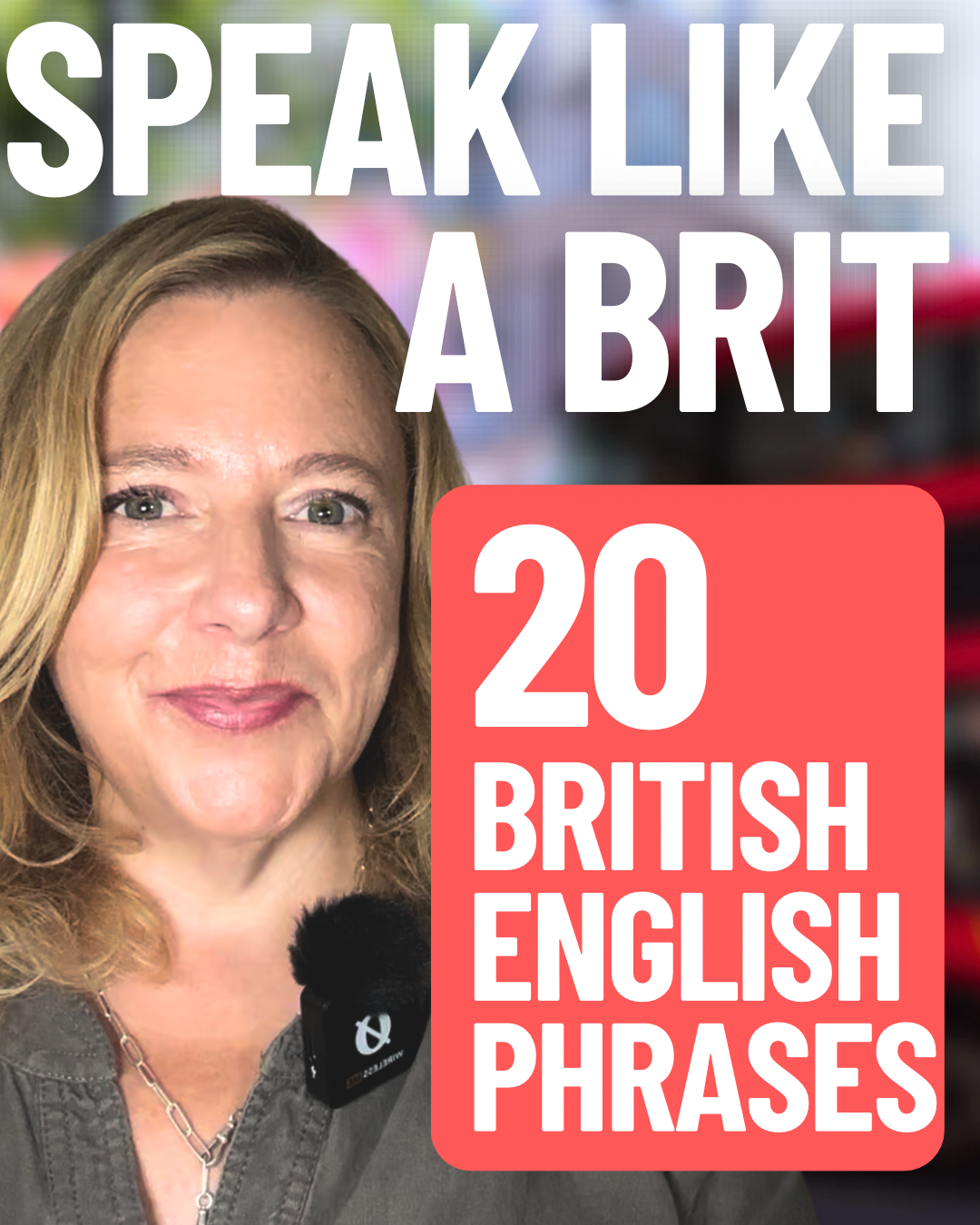
20 Everyday British English Phrases
There’s the English you learn in class, and then there’s the English we actually use in daily life. The kind of language we use when we’re chatting to friends, colleagues, neighbours, or muttering to ourselves while making tea. These are the real, everyday expressions that British people say all the time. And often, they’re vague, non-committal, and deeply cultural.
So, I’ve put together 20 of my favourite phrases. These are all expressions I genuinely use. If you want to sound more natural and understand what’s really going on in conversation, these are a great place to start.

'It is what it is': The most British (and overused) way to accept life
This short phrase has become something of a national catchphrase in the UK. It often appears when something frustrating, disappointing or just downright annoying happens and there’s not much you can do about it.
But I’ll be honest. I’m really not keen on this one. It’s overused. It can come across as defeatist. And more than anything, it often feels like a way to avoid properly engaging with a situation. In this blog we’ll take a look at how it is used in British English.
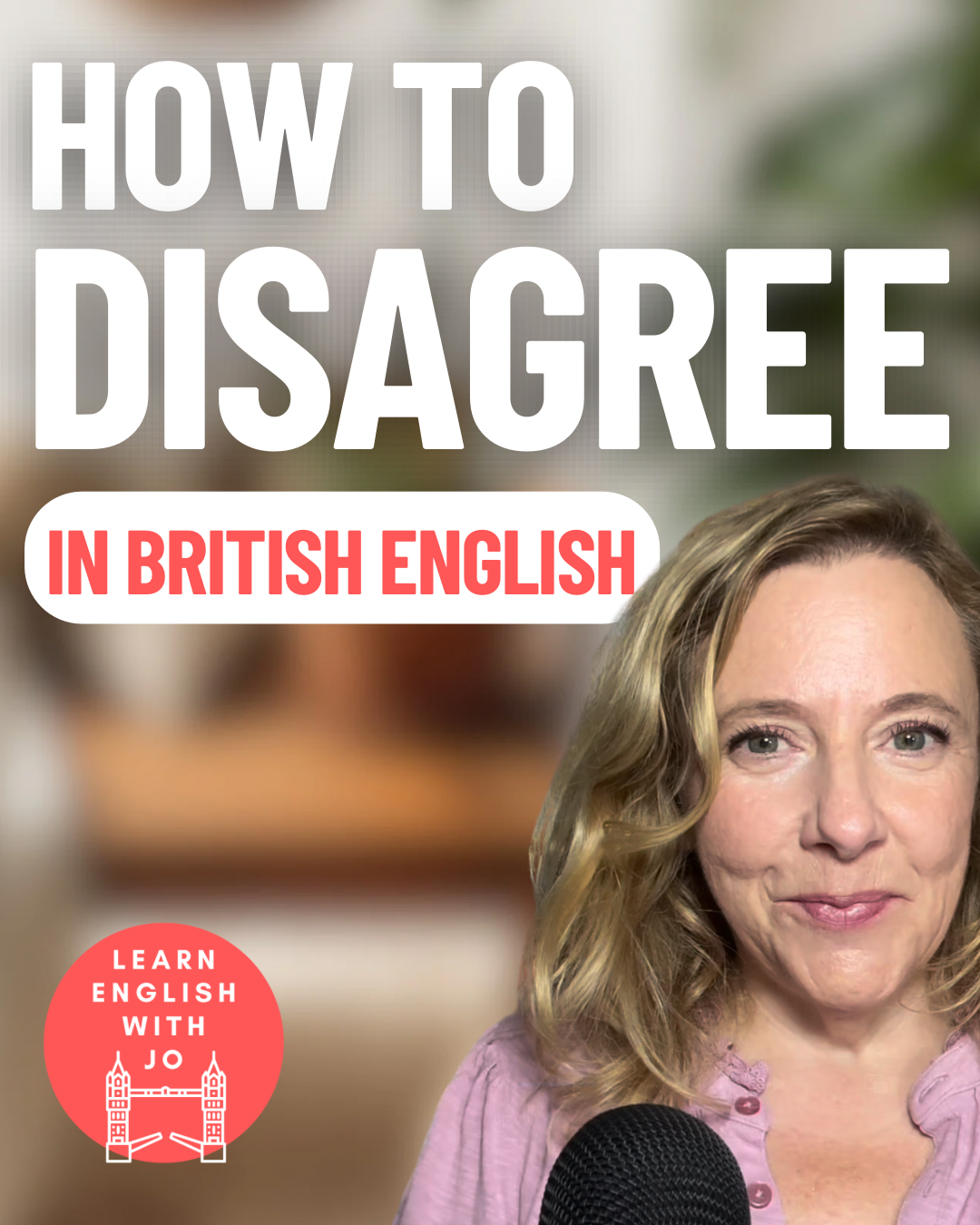
How to Disagree Politely in British English
Disagreeing with someone isn’t easy, even in your first language. Add a second language, a professional setting, and maybe a sprinkle of British awkwardness... and it suddenly feels like a minefield.
In this post, I’ll show you how to disagree politely in British English. You’ll learn natural softening phrases, useful sentence starters, and tips to help you sound calm, confident, and respectful, even when you don’t see eye to eye.

How to Use the Shadowing Technique to Improve Your English Speaking
Today we’re talking about one of my favourite tools for improving spoken English: the shadowing technique. If you’re not already using it, this blog post might just change the way you practise English forever.
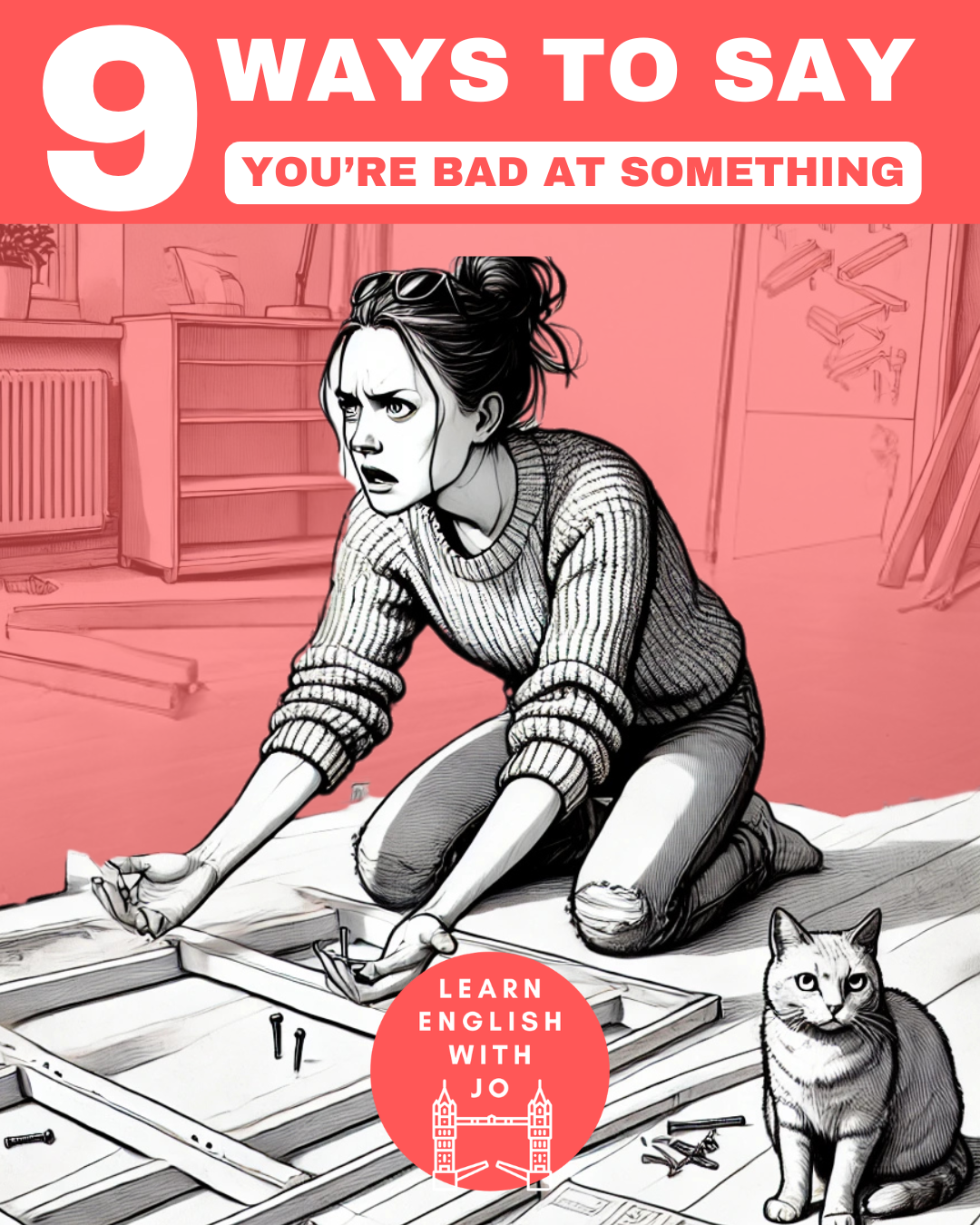
9 Ways to Say You’re Bad at Something – Speak English Like A Brit
Want to speak English like a Brit? In British English, we rarely say, 'I'm not good at something.' Instead, we use self-deprecating expressions and informal vocabulary that make us sound more natural, funny, and relatable! In this blog, you'll learn 9 essential British phrases to express when you're bad at something-whether it's sports, cooking, driving, or even small talk.
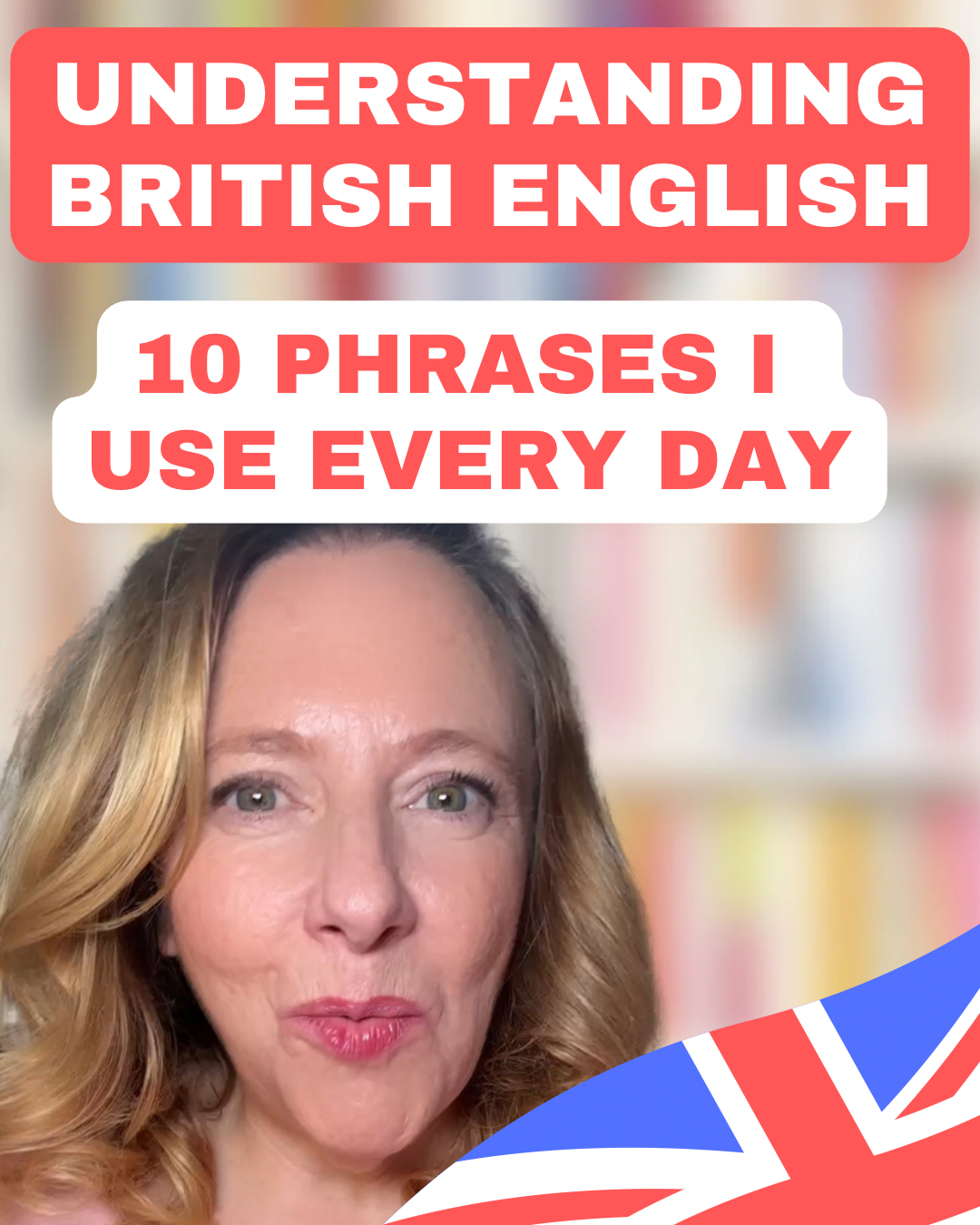
Why Are British People So Hard to Understand? 10 Essential British English Phrases You Need to Know!
Have you ever spoken to a British person and thought to yourself, What on earth are they going on about? You’ve been studying English for years, you know all the grammar, and you have a solid vocabulary, yet when you’re faced with a Brit, you feel completely lost.
In this post, I’ll walk you through some essential British English phrases that will help you understand Brits better—and even start using them yourself.
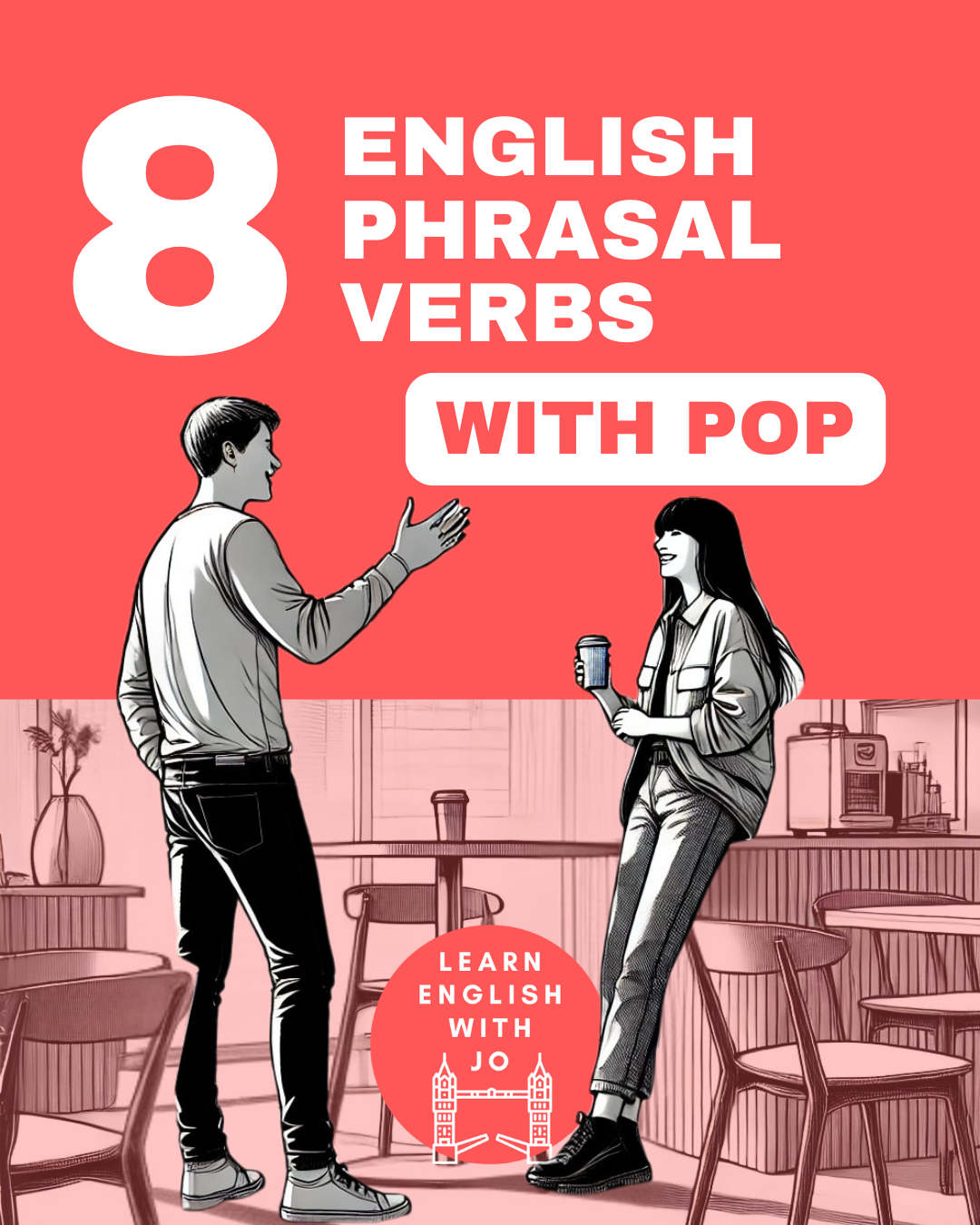
8 Phrasal Verbs with Pop: How to Use Them Naturally in English
There’s something quite charming about the word ‘pop,’ isn’t there? It’s short, snappy, and full of energy. And in English, we use it in a variety of phrasal verbs to describe quick, unexpected actions or movements. Many of these expressions are particularly common in British English, especially when talking about casual visits or short trips.
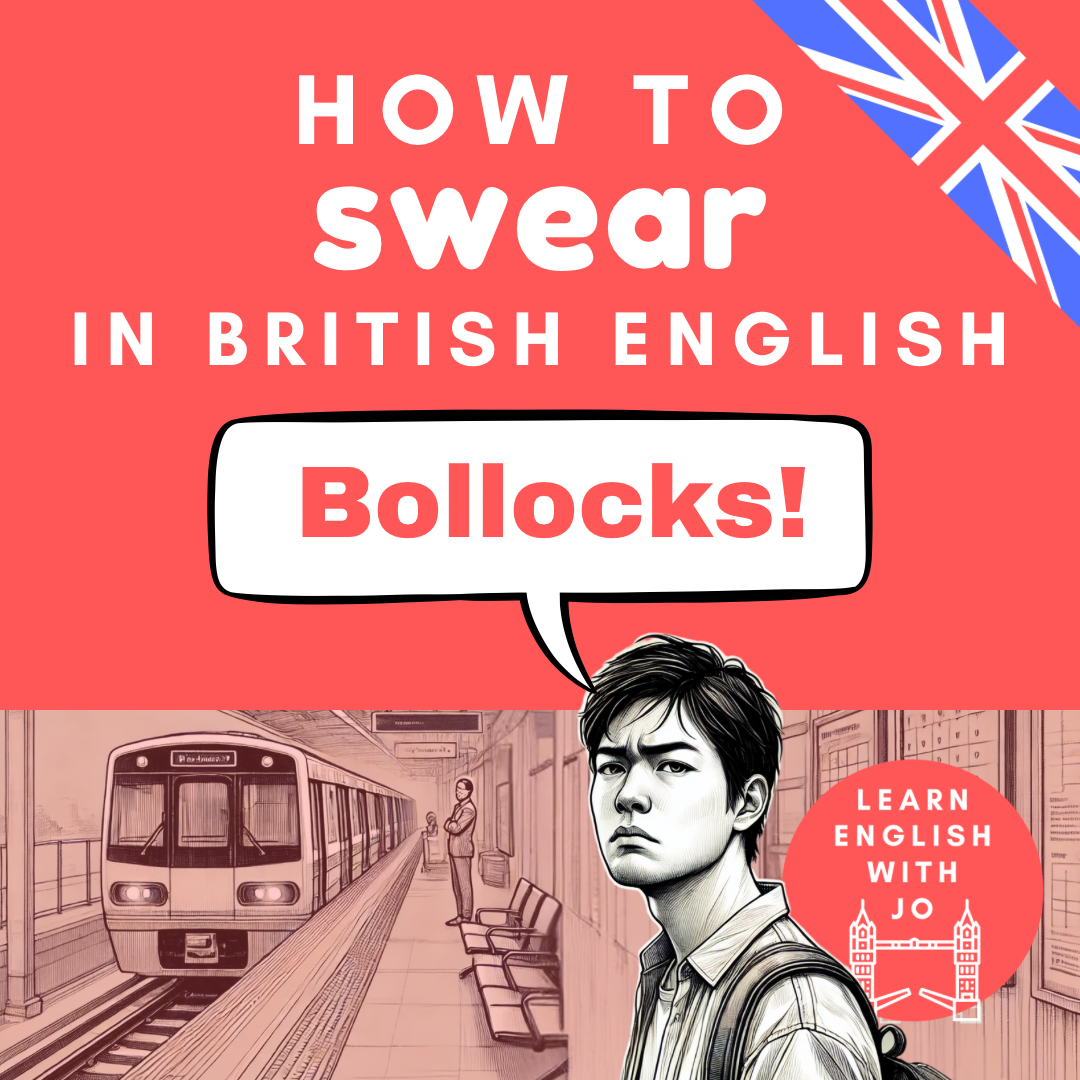
Oh Bollocks! : How to swear in British English
Swearing in British English can be quite an art form—often combining humour, sarcasm, and just enough cheekiness to keep things interesting. The swear word bollocks is a prime example of this, so let’s have a look at what this classic British swear word means, where it comes from, and—most importantly—how you can use it (with plenty of examples, of course).
